This article was written by Shifa Qureshi and further updated by Debapriya Biswas. This article deals with the analysis of the landmark case of Mohd. Ahmed Khan vs. Shah Bano Begum (1985). It discusses the issues raised in the case and the principles established by the Supreme Court of India to address them. Lastly, the article traces the significance of the judgement as well as the implications it has brought even in the present times.
Table of Contents
Introduction
Marriage and divorce are integral parts of society that are legally bound by many rights and obligations for both parties involved. One such right is the right to claim maintenance that a spouse who is dependent on the other can claim during their separation or even after divorce. This right was initially introduced during a divorce to maintain social justice between the spouses, especially if one spouse is financially dependent on the other or has custody of the children and is unable to support them alone. In this manner, the chances of financial abuse or isolation can be decreased.
However, under Muslim law, there is no concept of maintenance after divorce per se, which led to a disparity of rights between the Muslim women from the other divorced women. In the present case of Mohd. Ahmed Khan vs. Shah Bano Begum (1985), the concept of the right to maintenance would be discussed at length especially since Muslim law does not provide for maintenance to the ex-wife after three months of divorce.
Details of the case
Name of the case: Mohd. Ahmed Khan vs Shah Bano Begum and Ors
Date of judgement: April 23, 1985
Petitioner: Mohd. Ahmed Khan
Respondents: Shah Bano Begum & Ors.
Citation: 1985 AIR 945, 1985 SCR (3) 844, AIR 1985 SC 945, 1985 (2) SCC 556, 1985 SCALE (1) 767, (1985) SC CR R 294, 1985 (87) BOM LR 435.
Court: The Supreme Court of India
Judges: The then Hon’ble Chief Justice of India Y.V. Chandrachud, Hon’ble Justice Misra Rangnath, Hon’ble Justice D.A. Desai, Hon’ble Justice O. Chinnappa Reddy, and Hon’ble Justice E.S. Venkataramiah.
Background of the case
While the preamble of the Indian Constitution claims the nation to be secular, such is not the case when it comes to the civil laws of the land. This includes the laws for marriage, divorce, adoption, or even property. Each religion has its own customs and principles and to uphold the right of every citizen to practise their own religion, every religion has its own personal laws either codified or uncodified by the government.
Under Muslim law, most of its principles are uncodified since the principles of the Quran are either followed directly or by the interpretation of scholars and religious scriptures. However, despite their sources being the book of the Quran itself, there are still different sects and schools of thought under Muslim law.
The two major sects of Muslim law are the Shias and Sunnis, which are further divided into four schools: Shafi, Hanafi, Maliki, and Hamabil schools of thought. All these different schools and sects result in different customs and laws regarding marriages and divorces under Muslim law. However, since Hanafi school is the most common in India, the Muslim personal law in the nation is mostly based on the same.
The nature of marriage under Muslim law is mostly contractual and needs the consent of both parties involved in their own violation. On the other hand, divorce under Muslim law only requires the consent and permission of the husband, without which the wife cannot leave the marriage. It is much more in the favour of the husband, just as the rest of the Muslim law including laws regarding the division of property.
While it is true that the concept of Dower or ‘Mehr’ from the husband to the wife is made to safeguard the wife financially in the marriage, the rest of the divorce procedure under the Muslim personal law is relatively under the hand of the husband. In most cases, the wife does not have the power to divorce the husband unless he delegates her the power to do so early on. However, that does not mean the wife cannot seek separation from her husband and live away from their marital home.
Mehr, as mentioned earlier, is a customary amount paid by the husband to the wife during the marriage as a sign of respect for her and the marriage contract between them. It is one of the essentials of the Muslim marriage, without which the marriage under Muslim law will not be considered valid.
Another concept that is quite in favour of the wife is the Idda or iddat period under Muslim law. The Iddat period is usually a three-month period after the divorce or death of the husband. It acts as an observation period for the paternity of any potential pregnancy from the marriage. However, the length of this period may differ on whether one follows the Shia sect or the Shia sect of Muslim law.
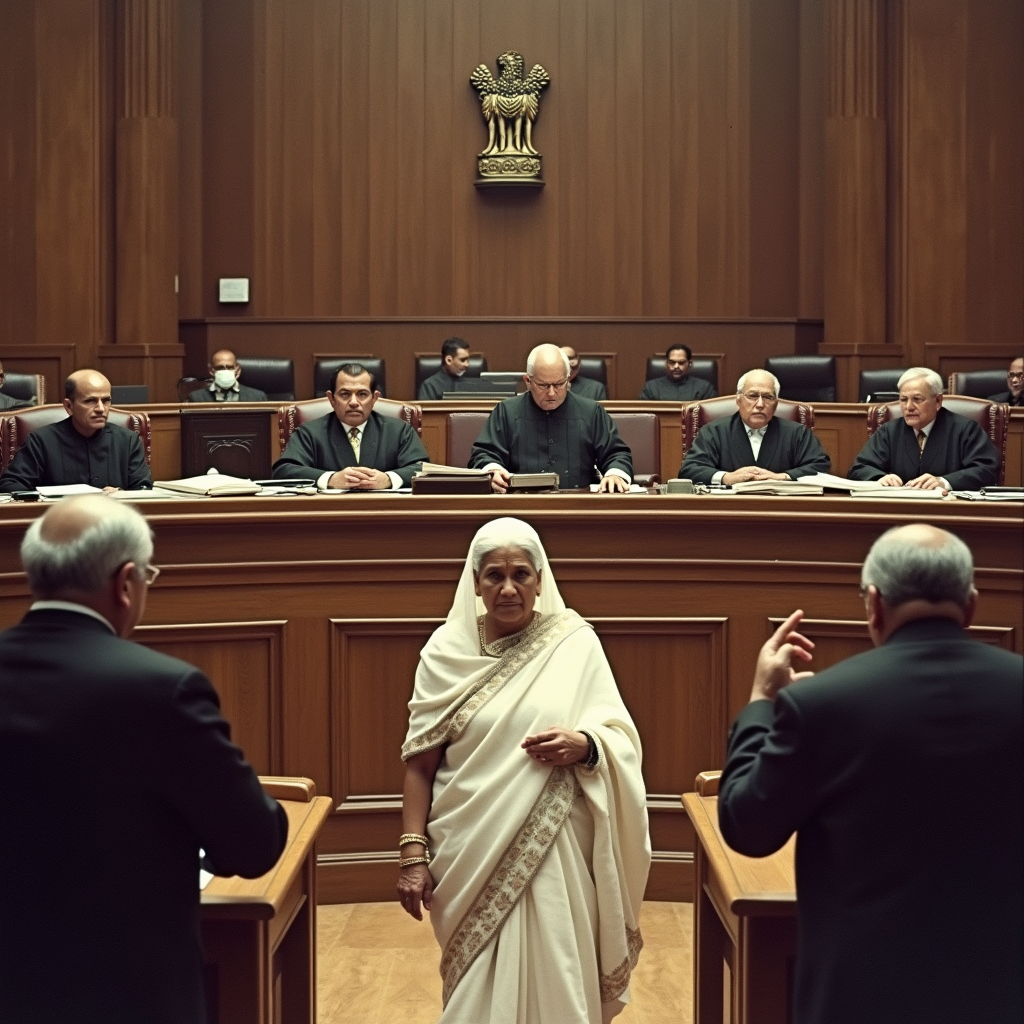
Sunni law
Under the Sunni law, the iddat period lasts up to three menstrual cycles or three lunar months for women who no longer menstruate. In case the wife is pregnant, the iddat period will extend till she gives birth, even if the child is not the husband’s and is conceived due to adultery. The husband is obligated to maintain their spouse during this period regardless of the adultery, as mentioned earlier.
Furthermore, a fresh period of iddat would start if the husband dies, even if the spouses were divorced talaq-e-mughallazah or irrevocable divorce that prevented any remarriage between the two.
In the case of other types of maintenance, the Sunni law specifies that the children have the moral obligation to financially support their parents regardless of their capability or capacity to earn. The children have to also maintain the debt security or collaterals of their parents under Sunni law.
Shia law
Unlike Sunni law, the iddat period in Shia law lasts up to three menstrual cycles or 78 days for women who do not menstruate. If the wife is pregnant, the iddat period would also be till the end of pregnancy. Any marriage during this period would be considered void under Shia law and the husband is supposed to financially support the divorced wife till the end of the iddat period. However, if the child conceived is from adultery, the iddat period would only last up to three months.
Furthermore, there is no concept of a fresh iddat under Shia law, especially if the spouses have already divorced.
In the case of maintenance of the parents, Shia law does not make any such moral obligation on the children, especially if they are not capable of supporting their parents. This also includes the maintenance of the securities or collaterals of the parents.
In the present case, the Muslim Personal Law (Shariat) Application Act, 1937 is discussed and argued upon by the petitioner, which follows the Shia sect of Muslim law. Thus, the concept of maintenance during the iddat period as well as Mehr would be discussed as per the Shia law alongside the scope of maintenance of the wife after divorce under Muslim law which is not explicitly mentioned as such except for the iddat period.
Facts of the case
Mohd Ahmed Khan (the petitioner) who was an advocate by profession, married Shah Bano Begum (the respondent) in 1932 and had three sons and two daughters from their marriage. The respondent was a housewife for their entire 43 years of marriage. In 1975, when Shah Bano’s age was 62 years old, she was disowned by her spouse and was tossed out from her marital home together with her children. The disownment was made without any prior notice or warning and the petitioner provided no further recompense for the financial support of the respondent and their children.
In April 1978, the respondent filed a petition against her husband under Section 125 of the Criminal Procedure Code, 1973 (hereafter referred to as the CrPC) before the Court of Judicial Magistrate (First class), Indore. In the petition, the respondent argued that she was deprived of the maintenance of Rs. 200 per month that she was supposed to receive from him by default. She prayed to the Magistrate to make the appellate pay her the maintenance she deserved under Section 125. She also asked for an increase in the amount of maintenance from Rs. 200 to Rs. 500 per month given the fact that the petitioner had an income of about Rs. 60,000 per annum. It was also to be considered that all five children were living with her at that moment and not in the custody of the petitioner.
Following this petition, the petitioner divorced the respondent by the irrevocable triple talaq on November 6th, 1978, and used it as a defence not to pay maintenance to her since the husband is under no obligation to pay maintenance once divorced. The appellate had also argued that he had already paid two years of maintenance to the respondent and had made a deposit of Rs. 3,000 to the Court as a Dower or Mehr during the period of iddat.
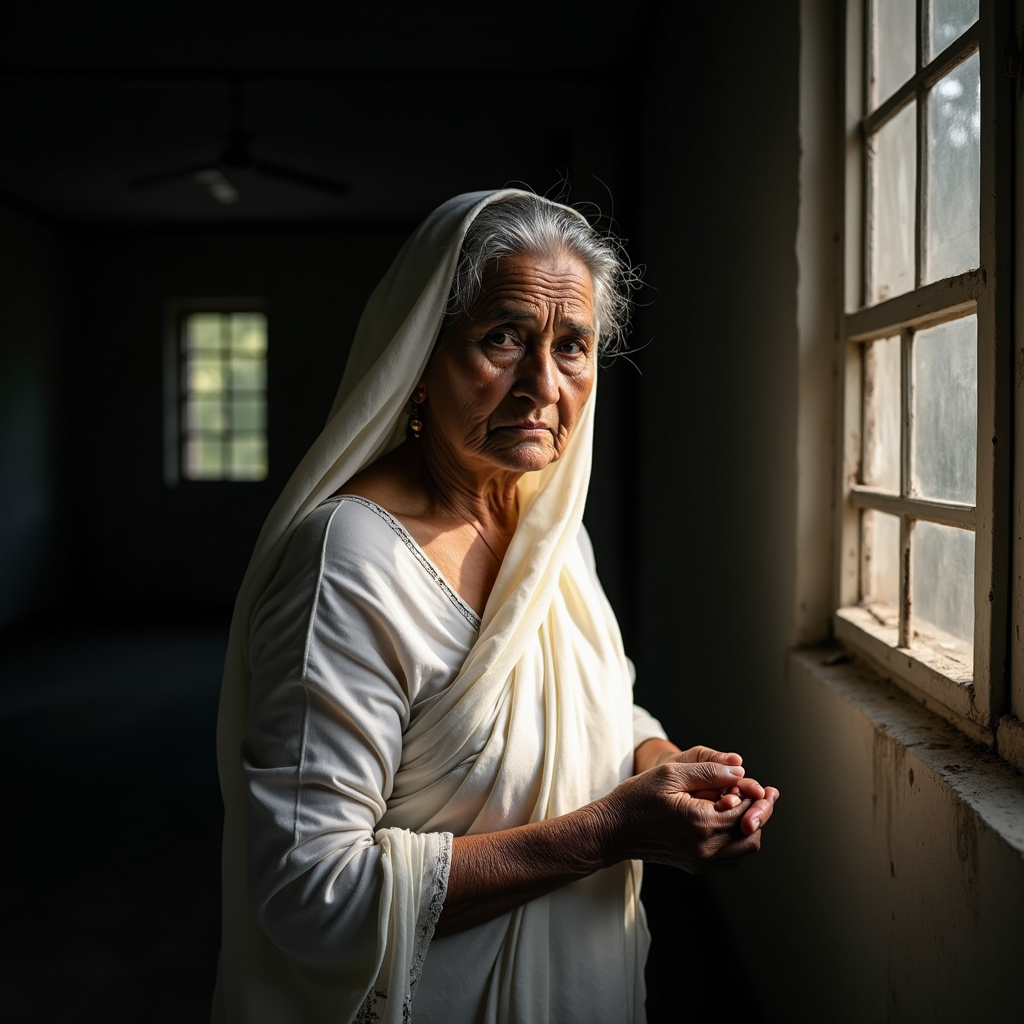
The Magistrate, in August 1979, directed the husband to pay an amount of Rs. 25 per month as maintenance to the respondent. In 1980, the respondent filed a revisional application to the High Court of Madhya Pradesh, to further increase the amount of maintenance paid each month. The High Court held the decree in favour of the respondent of the present case and increased the maintenance to about Rs. 179 per month.
Aggrieved by the decision of the Madhya Pradesh High Court, the present appeal was filed to the Supreme Court of India by the petitioner through a special leave petition.
Issues raised
The issues raised before the Supreme Court of India were as follows:
- Whether the definition of the term ‘wife’ under Section 125(1) of the CrPC include a divorced Muslim woman?
- Whether Section 125 of the CrPC can override Muslim personal law?
- Whether there is a conflict between the Muslim personal law and Section 125 of the CrPC regarding the obligation of the husband to pay for maintenance even after the divorce?
- Whether the payment of Mehr or Dower on divorce can excuse the husband from the obligation to pay maintenance under Section 127(3) (b) of the CrPC?
Laws discussed
Given below is a brief of the legal provisions discussed in the present case analysis:
Section 125(1) of the Criminal Procedure Code addresses the people who are eligible to claim maintenance, who include:
- Wife from her husband,
- Legitimate or illegitimate minor child from their father,
- Disabled child from their father,
- Father and/or mother from their child.
The essential conditions for granting maintenance under this section include the following:
- Sufficient means for maintenance are available: the person who has to give the maintenance should have the means to give the same.
- Neglect or refusal to maintain after the demand for maintenance: if the person defaults or omits to provide maintenance or if he denies his obligation of maintaining then it amounts to neglect or refusal respectively.
- The person claiming maintenance must be unable to maintain himself/herself: only if the person is unable to maintain themselves.
- Quantum of maintenance: depending on the standard of living.
Arguments of the parties
Petitioner
The primary contention of the petitioner was that under Muslim personal law, there is no concept of maintenance to the ex-wife after the iddat period, which lasts till only three months after the divorce. Thus, the petitioner should not be obligated to pay the respondent any maintenance especially since he had already paid Rs. 200 every month for the past two years of separation.
The petitioner further contended that he had deposited the Mehr to the Court during the iddat period itself, which should be counted as the replacement of maintenance under the Muslim personal law.
It was argued that the civil courts lacked the authority to grant Muslim women maintenance under the Muslim Personal Law (Shariat) Application Act, 1937. He also argued that the book of the Quran did not mandate any maintenance after the iddat period except the Mhar, which he had already deposited to the Court previously.
The petitioner also claimed that Section 125 of the CrPC was contradictory in nature since it talked about maintenance for parents, children, and wives even after divorce, which was in conflict with the Muslim personal laws.
Respondent
The contentions of the respondent mainly revolved around the argument that Section 125 of CrPC did not contradict Muslim personal laws. Since Muslim law does not prohibit providing maintenance to divorced wives even after the period of iddat, a harmonious interpretation can be settled upon with the two laws.
The respondent contended that a harmonious interpretation between Section 125 of the CrPC and the Muslim Personal Law (Shariat) Application Act, 1937 could ensure the rights of Muslim women going through divorce while being completely financially dependent on their husbands.
Furthermore, the respondent also argued that Mehr was a completely different aspect than maintenance and thus, should not be used to elevate the obligation of the petitioner to pay for the maintenance. The fact that the respondent is also in her early sixties and has custody of their five children highlighted the need for maintenance.
Judgement of the case
Ratio decidendi behind the judgement
Section 125 of the CrPC is one of the vital legal provisions in family law, especially since it is applicable to any religion. In the present case, the Supreme Court noted that the religion of the parties or spouses involved is irrelevant since the section itself did not mention any as such. It is a secular provision that can be interpreted alongside any other religion and its personal law.
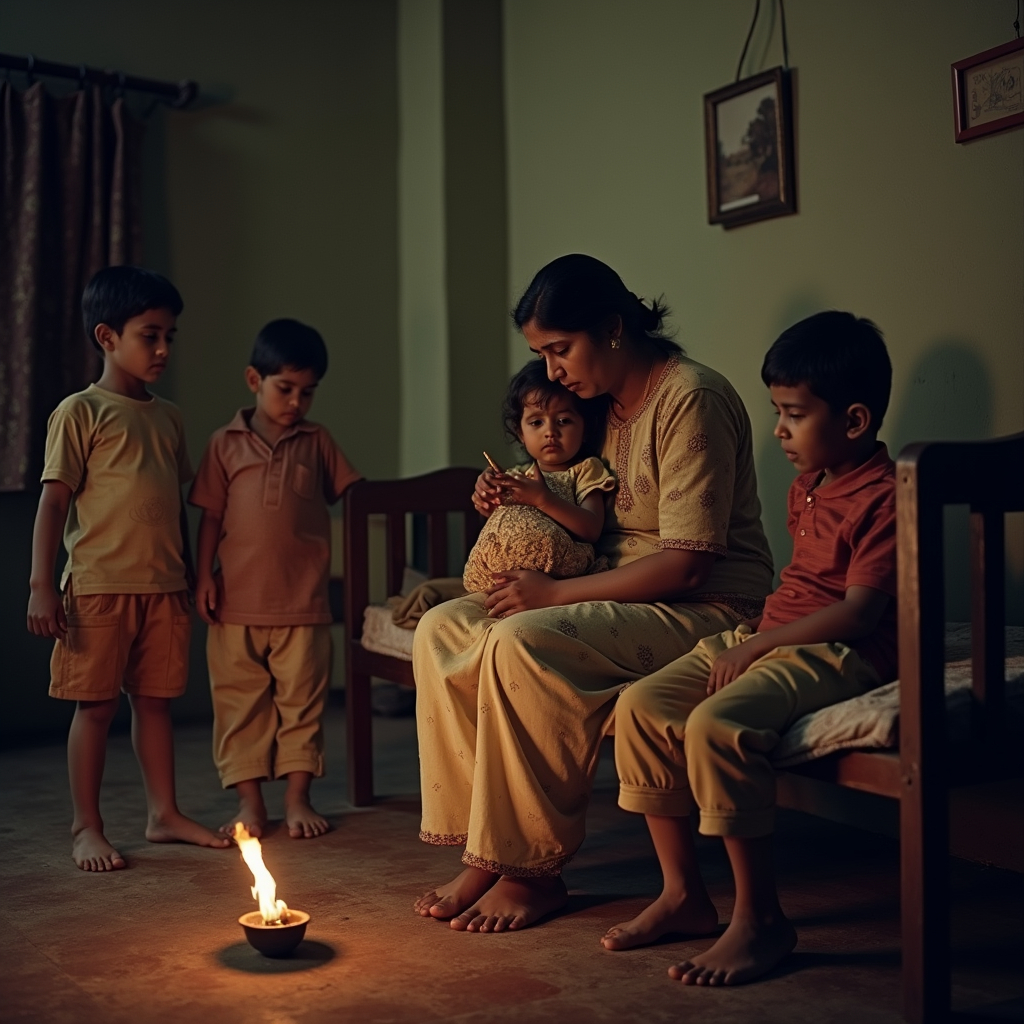
As per the Court, the rationale for this was that Section 125 was part of the CrPC and not the civil laws itself. Thus, while civil laws may be governed by the rights and obligations under the personal laws respective to the religion of the spouses, such is not the case for the CrPC. Furthermore, it was also noted that Section 125 was enacted to provide a quick and summary remedy for the petitioners who are not able to financially support themselves and are dependent on the other party.
The Court referred to the case of Jagir Kaur and Anr vs. Jaswant Singh (1963) to emphasise how Section 125 intends to serve a social purpose by protecting the financially dependent spouse and their children, even if the spouses are not divorced. It is a provision that is applicable to both divorced and still-married spouses, as was the circumstance in the aforesaid case.
In the context of the overriding effect of Section 125, the Court stated how the Muslim law infamously allows polygamy by marrying up to four wives. However, the same Islamic principle also confers the right to refuse upon the wife if she is dissatisfied with her husband’s other marriages, let it be one or four. Thus, this showed that in case of any conflict, Section 125 overrides the personal law.
The Supreme Court also stated that the argument put forth by the petitioner regarding the obligation of the husband to maintain his divorced wife only till the time of the iddat period is flawed. It should only be as such when the wife is financially stable or secure enough to support herself. If this is not the case, the divorced wife is entitled to the remedies under Section 125 of the CrPC.
There is no conflict between the Muslim personal law and Section 125 regarding the obligation of the husband to provide for the maintenance of his divorce period. The Muslim personal law obligates the husband to provide maintenance for the iddat period while Section 125 mandates it when the wife is unable to maintain herself. Both can be implemented together for better protection of Muslim women.
On the question of whether the payment or deposition of Mehr is enough to be counted as maintenance to the wife, the Court emphasised the ruling given in the case of Bai Tahira A. vs. Ali Hussain Fissali Chothia and Anr. (1979). In this case, the parties divorced through a consent decree as per which the husband had agreed to pay Mehr and transfer the flat they and their son have been living in on the condition that no further claim could be made by the wife. When the wife moved to the Court for the grant of maintenance for her and her son, she was initially met with dismissal since Muslim law did not have the concept of maintenance after divorce. However, on further appeal to the Supreme Court, her petition was granted and it was held that every divorcee is entitled to the right to maintenance unless remarried. The payment of illusory amounts, such as Mehr, can be considered for the reduction of the sum for maintenance but not complete substitution unless the amount is reasonable enough to be considered as such.
Furthermore, when analysing the precedent set by Hamira Bibi, Amina Bibi And Ors. vs. Zubaida Bibi And Ors. (1916), the Court observed that even after the death of the husband, the wife has the right to claim her Mehr or ‘dower-debt’ from her husband’s property.
This view was iterated in the case of Syed Sabir Husain vs. S. Farzand Hasan (1937), where the Bombay High Court observed that the Dower or Mehr is an essential part of the status of marriage under Muslim law. It is an amount agreed upon prior to the marriage and even after the death of the wife, her legal heirs can claim the same from her husband. It is the obligation of the husband to pay Mehr to the wife, or her heirs in her absence.
Based on these rationales, the Supreme Court in the present case noted that Mehr is not something that is within the custom to be paid to the wife during the divorce but rather during the marriage. Thus, it cannot substitute the maintenance the divorced wife is entitled to under Section 125.
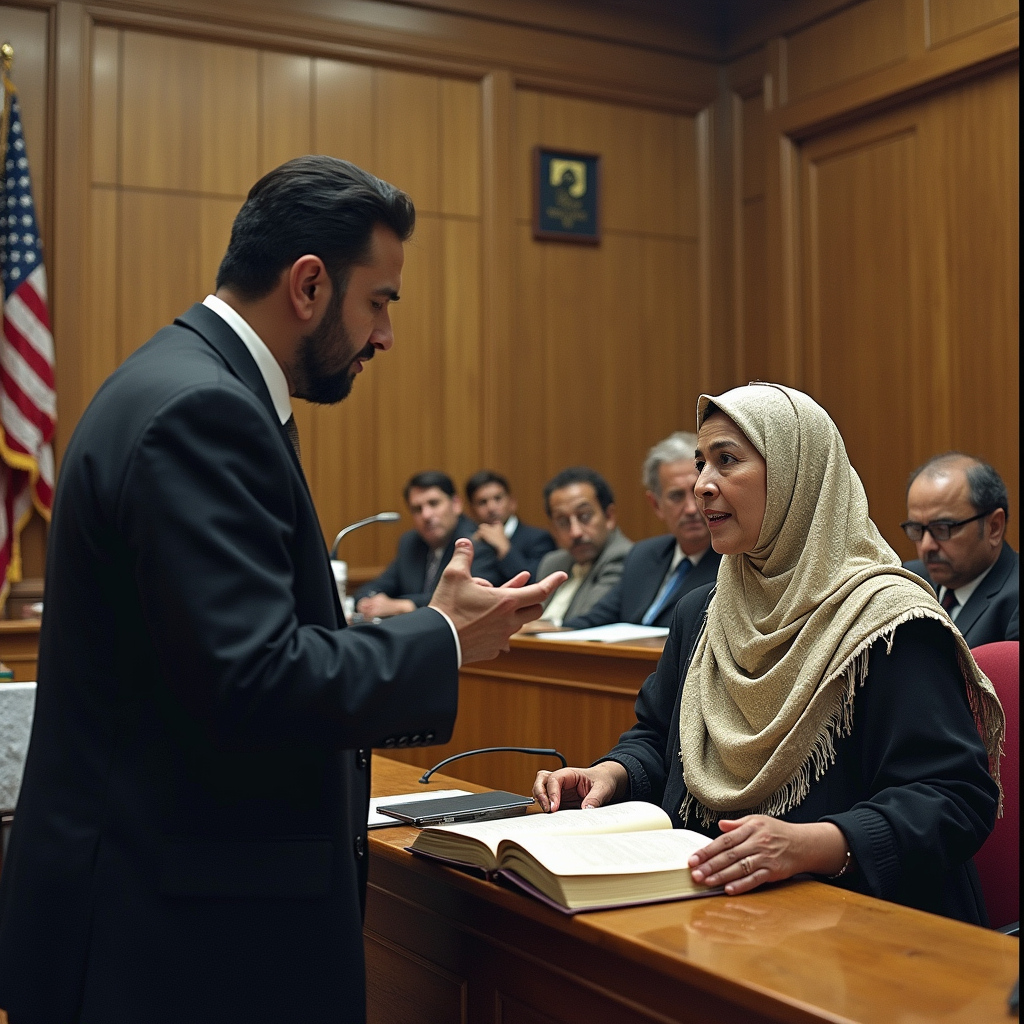
Observations made by the Supreme Court
In view of the above rationale, the Supreme Court made the observation that Section 125 is secular in nature and would, thus, be applicable to all spouses regardless of their religion and the personal law they may follow. This is especially so because the aforesaid section does not mention any religion explicitly and the Code it belongs to is under criminal law rather than civil law. As such, it is applicable to all the women living within the territory of India.
The Supreme Court of India also took notice of other cases, such as the Bai Tihari case and Fuzlunbi vs. K. Khader Vali and Anr. (1980) while interpreting Section 125 in this case. In the Fuzlunbi case, the Supreme Court had previously clarified that Section 127 (3) (b) of the CrPC was enacted to avoid double payment of maintenance under the CrPC as well as the personal law. It does not act as an inhibitor for the divorcee while claiming her right to maintenance.
Thus, as per the view taken in the aforesaid two cases, it was agreed that the effect of Section 125 shall also apply to Muslims. The Court also noted that Section 127(3) (b) does not override the Muslim law, as can be observed under Section 2 of the Muslim Personal Law (Shariat) Application Act, 1937 which states that all the matters relating to divorce under Muslim law be governed by the aforesaid act. However, the act only mentions maintenance till the iddat period but does not prohibit the payment of maintenance beyond that period.
Furthermore, the Court also observed that under Section 125(1) (b) of the CrPC, the definition of the term ‘wife’ is not limited since it only explicitly mentions a wife who is unable to support herself. Therefore, it is and can be interpreted as a divorced wife or ex-wife as well. Furthermore, the term ‘wife’ is used irrespective of the religion. Thus, it will be applicable to women of any religion until they are remarried.
Supreme Court’s verdict
- The Supreme Court held the verdict in favour of the respondent and dismissed the appeal.
- The Supreme Court stated that Section 125 of the CrPC applies to all citizens independent of their religion and consequently, Section 125(3) of the Code of Criminal Procedure is pertinent to Muslims as well, without any sort of discrimination. The court further stated that Section 125 overrides the personal law if there is any conflict between the two. It makes clear that there’s no strife between the provisions of Section 125 and those of the Muslim Personal Law concerning the Muslim husband’s obligation to provide maintenance for a divorced wife who is incapable of maintaining herself.
- The Court acknowledged that despite the rule of law established under Section 125 of CrPC, it is true that the Muslim law does not mention any concept of maintenance of a divorced wife after the iddat period. However, in the event that the wife is unable to support herself financially, it is the obligation of a Muslim husband to maintain his divorced wife even beyond the iddat period. It was further stated by the court that this rule, according to Muslim Law, was wrong and against humanity because here a divorced wife was not in a condition to maintain herself.
- The payment of Mehr by the husband on divorce is not sufficient to exempt him from the duty to pay maintenance to the wife.
- After a long court procedure, the Supreme Court finally concluded that the husbands’ legal liability would come to an end if a divorced wife was competent to maintain herself. However, in the case when the wife was not in a condition to maintain herself after the Iddat period, she would be entitled to get maintenance or alimony under Section 125 of CrPC.
Analysis of the judgement
The Shah Bano case has been hailed as a cornerstone for the rights of Muslim women in India, especially in the context of divorce and maintenance laws. While the case deals much more with the right of Muslim women to receive maintenance even after the iddat period, it also highlighted how Talaq-ul-Biddat or triple talaq (which is considered a more disapproved or sinful form of divorce) cannot deprive Muslim women of their right to maintenance.
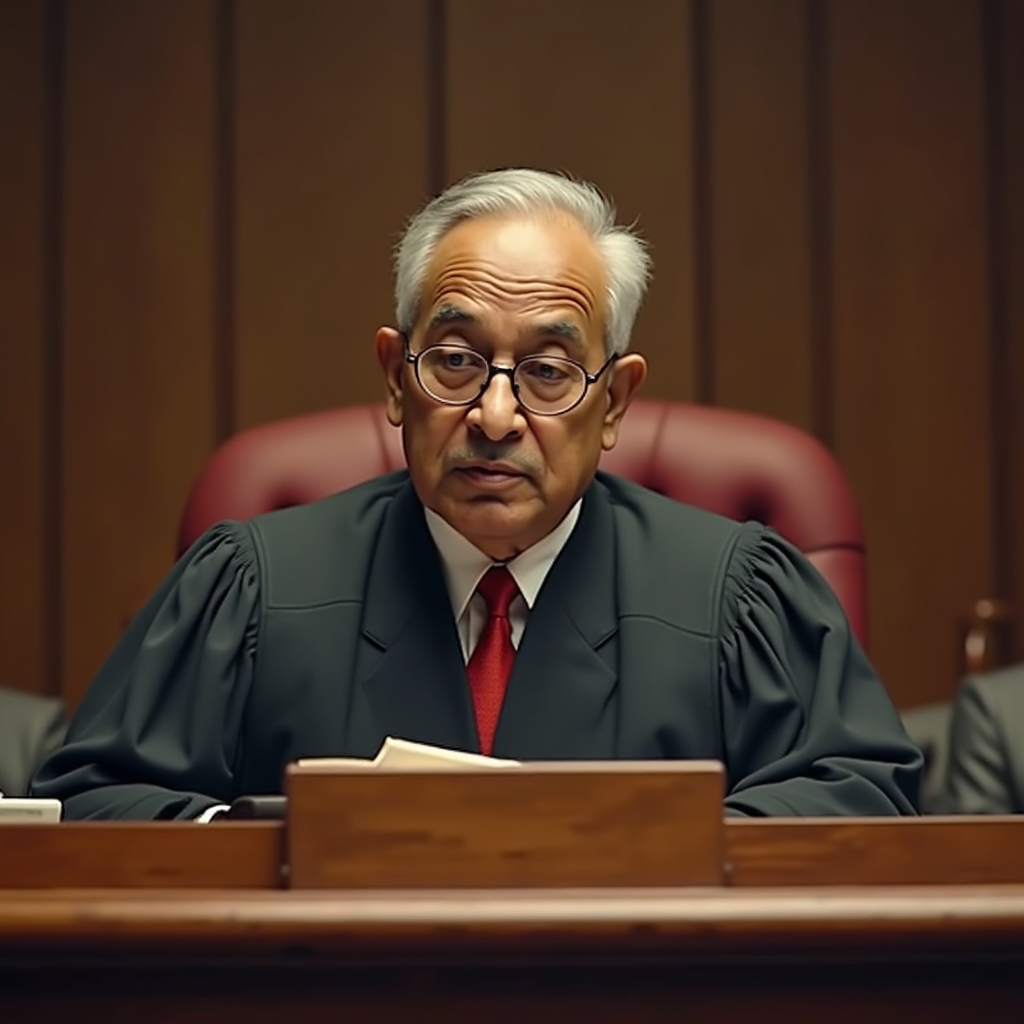
This case also showcases the need for a Uniform Civil Code that could bring uniformity to all the civil laws that are currently segregated due to religious customs and the personal laws based on them. This segregation has caused a disparity among the people of different religions; especially for women, who are always discriminated against the most due to the still deep-rooted patriarchal beliefs. This emphasis on the need for reforms in Muslim personal laws alongside the suggestion for a Uniform Civil Code was not met well with the public.
However, the present verdict of the Supreme Court was met with a lot of protests and communal unrest alongside strong criticisms from the Muslim community and scholars. The main criticism that was raised by most was that the verdict was discriminating against Muslim men and not allowing them to follow the principles of the Quran and their religion.
On the other hand, it was argued that the Supreme Court treated the Shah Bano case as any other petition for maintenance regardless of the religion of the spouses. The verdict itself was quite secular in nature, given that Section 125 is a part of the Code of Criminal Procedure and not of civil or personal laws. This helped bring a precedent for uniformity for maintenance laws, which are especially crucial for women who are often made dependent on their husbands due to lack of any professional career after marriage.
Even under the recently introduced Bharatiya Nagarik Suraksha Sanhita, 2023 (hereafter referred to as the BNSS) that replaced the Criminal Procedure Code of 1973, a complete chapter has been dedicated to orders for maintenance and its enforcement. Section 144 of Chapter X of the BNSS deals with the maintenance of wives, children and parents of an individual irrespective of the religion of the parties. It is a direct replacement of Section 125 of CrPC while also specifying that neglecting or refusing to maintain the dependants (wives, children or parents) may lead to the punishment of one month of imprisonment along with fines. This section also clarified the meaning of the term ‘wife’, which may include divorcees as well who have not yet remarried.
In the end, it cannot be denied that as a first step to upholding the rights of divorced women regardless of their religion, this judgement has played a significant role as a precedent in judicial history.
Significance and Aftermath of the case
The Shah Bano case is still held as a landmark judgement that acts as a cornerstone for the rights of Muslim women in India since this case highlighted the disparity of rights among women of different religions in the context of civil law. Article 44 of the Directive Principles of State Policy in the Indian Constitution, directs the State to provide for its citizens a Uniform Civil Code throughout the territory of India. Chief Justice Chandrachud, while giving the present judgement, stated the need to implement the same.
According to him, a Uniform Civil Code was needed to implement the ideology behind the Constitution in a better manner while also integrating the laws of the nations altogether. Due to the civil laws being segregated by religion, the rights of the people differ as per the personal law they follow and this has led to disparity and conflicting views. The laws regarding maintenance and divorce are one of the significant examples of such disparity. His view in this judgement simulated the debate on the Uniform Civil Code in India.
Later developments
Shah Bano’s case judgement was criticised by many Muslims, especially Muslim scholars. This led to many protests and conflicts in the Muslim community. They considered this decision in conflict with the rules of the Quran and Islamic Laws/Islam. Subsequently, the Parliament of India in 1986 decided to enact the Muslim Women (Protection of Rights on Divorce) Act, 1986 in response to the protests in a way to appease the Muslim crowd while also attempting to protect the rights of Muslim women.
Protecting the rights of divorced Muslim women or those who have got divorced from their husbands, were the main objectives of this act. Under this act:
- Muslim divorced women ought to be entitled to an adequate and reasonable sum of maintenance till the iddat period.
- When a divorced woman has custody of their child born before or after the divorce, the ex-husband has a legal obligation to provide maintenance for the child for a period of 2 years.
- The women are also authorised to get “Mehr” or “dower” and get back all the properties or estates which are given to them by their guardians, companions, relatives, husbands, or husbands’ friends.
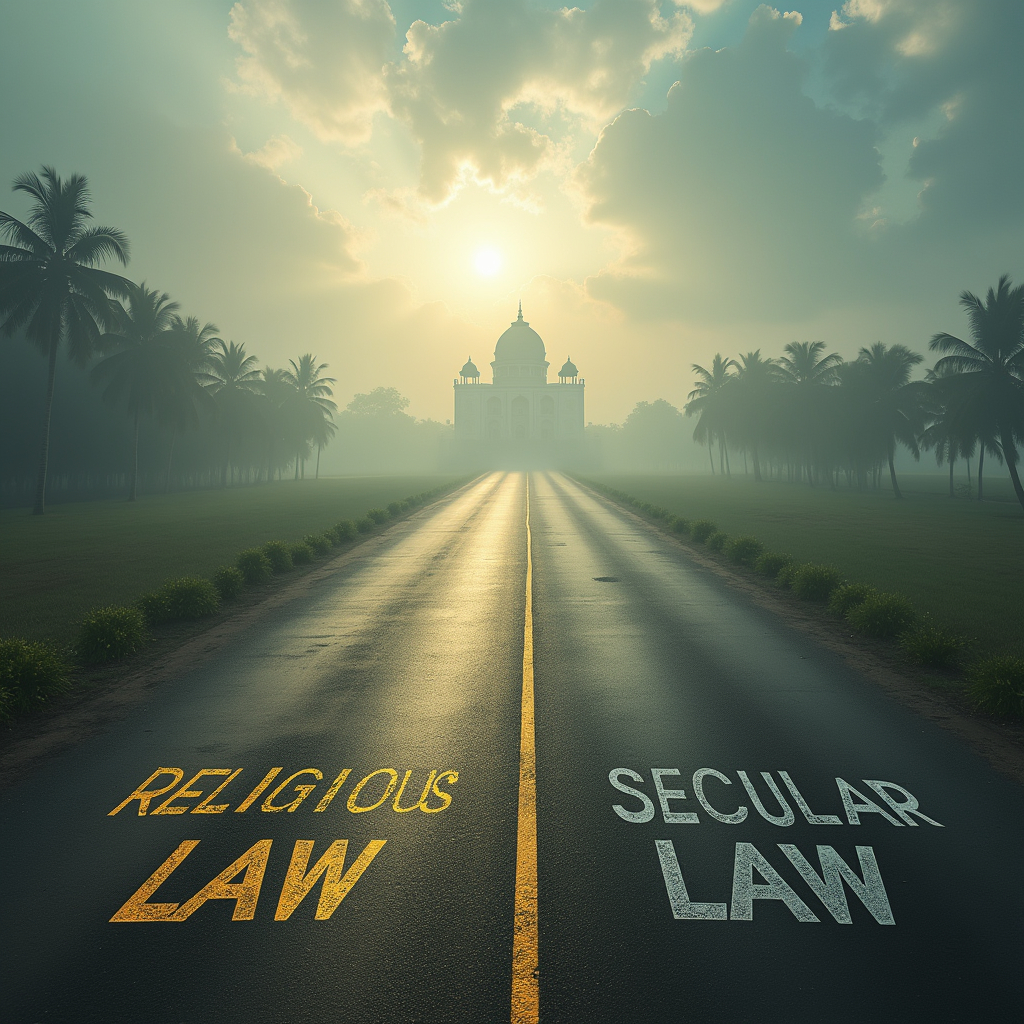
Challenge to the validity of the Act
The major criticism of this act, however, was that it diluted the Shah Bano case since it was largely assumed by the public that the act overrides Section 125 of CrPC. However, the Indian Judiciary clarified in many of its judgements that such is not the case and both the legislation can be interpreted harmoniously, as can be seen in the case of Danial Latifi & Anr vs Union Of India, 2001. In this case, the Supreme Court directly referred to the Shah Bano case while upholding the constitutionality of the Muslim Women (Protection of Rights on Divorce) Act, 1986. As per the Court, the divorced husband was obligated to provide maintenance for the iddat period as well as a fair and reasonable amount of maintenance for the rest of the wife’s life within the iddat period itself. While the Court did not clarify the position of Section 125 of CrPC in the case, it was stated that the Act did not extinguish the rights that are conferred under the aforesaid Section.
Furthermore, in a more recent judgement of Mohd Abdul Samad vs. the State of Telangana (2024), the Supreme Court of India again upheld the rights of divorced Muslim women under Section 125 of the CrPC while referring to the Shah Bao case as a judicial precedent. In this case, the petitioner argued that the Muslim Women (Protection of Rights on Divorce) Act, 1986 prevailed over Section 125 of CrPC. However, the Court disagreed, observing that a woman can choose between the remedies provided by the respective legal provision and none of the two overrides the other.
Another legislation that was introduced to safeguard the rights of Muslim women is the Muslim Women (Protection of Rights on Marriage) Act, 2019 which declared triple talaq or ‘Talaq-ul-Biddat’ as void and unconstitutional after the Shayara Bano vs. Union of India and Ors. (2017). Any individual found to divorce his wife through triple talaq would be imprisoned for a term that can extend up to three years or be liable to pay a fine decided as per the Judiciary.
In the end, Article 44 of the Indian Constitution encouraged the State to implement a Uniform Civil Code to promote better unity among the citizens. However, a simple implementation of equal rights in maintenance in the Shah Bano case led to such political and social unrest that the endeavour to introduce such uniform laws was postponed until much later when communal tensions settled. For now, Section 144 of the BNSS acts as a secular legal provision for the maintenance of wives, children and parents after replacing Section 125 of the CrPC.
Conclusion
Though the Supreme Court took a long time to come to the decision to reject the appeal, the judgement is still perceived as very historic because it keeps up the truth and faith of the individuals in the judiciary. This judgement has marked the significance of maintenance which ought to be given to divorced women, regardless of their religion, who are not in the condition to earn or maintain themselves.
The judgement of the Shah Bano case pulled in a lot of opposition and unrest from the Muslim community and authorities since the decision was against the provisions of Islamic law. However, the Supreme Court did not hesitate to pass the impartial judgement and at last, it maintained the trust and faith of citizens in the judiciary. This led to the enactment of the Muslim Women (Protection of Rights on Divorce) Act, 1986 which gave Muslim women a huge, one-time payment from their husbands amid the period of iddat, instead of a maximum month-to-month payment of ₹500 – an upper limit which has since been expelled, given the value of money fluctuates with each passing year.
Frequently Asked Questions (FAQs)
Under Section 144 of BNSS, who is eligible for maintenance?
As per Section 144 of BNSS, the following are the people eligible for maintenance:
- The wife of the individual, who is not able to financially maintain herself;
- Children of the individual, regardless of them being adopted, legitimate or illegitimate and their marital status;
- Mentally or physically disabled children (adopted, legitimate or illegitimate) of the individual, who are financially dependent on him, unless they are a married daughter;
- Mother and/or father of the individual who is not able to financially support themselves.
What is maintenance?
Maintenance, as the term suggests, is a legal right of the claimants who are financially dependent on the other party for their every basic need, including food, clothing, shelter, education, and medical expenses. It is a form of financial assistance usually given to the dependents or family members in the event of separation.
Can the husband claim maintenance?
Yes, the husband can also claim maintenance under Section 24 and Section 25 of the Hindu Marriage Act, 1955. Furthermore, in cases like Nivya V.M vs Shivaprasad N.K (2014) and Rani Sethi vs Sunil Sethi (2011), it was held that if the husband does not have an independent income, it is unfair to deprive him of the right to maintain that the wife would have received if she was in the same financial position. However, there is no codified provision that explicitly provides maintenance for Muslim husbands.
How much maintenance is paid upon divorce?
The amount of maintenance is not fixed under Section 125 of CrPC. Instead, it is calculated on the basis of the income of the earning spouse. Based on their annual income and other circumstances (who has the custody of children, who has a higher income, etc), the magistrate shall determine the appropriate amount of maintenance to be paid each month.
Can a working wife claim maintenance?
Yes, a working wife can claim maintenance if her income is not enough to support the expenses of her basic needs, such as food and shelter. The Court considers the income and expenses of both spouses during the divorce when determining whether maintenance is to be given or not and of what amount.
References
- M. Seervai, Constitutional Law of India, Universal Law Publishing Co., Reprint 2013.
- M. Bakshi, The Constitution of India, Universal Law Publishing Co., 2014.
- Dr. J.N. Pandey, Constitutional Law of India, Central Law Agency, Allahabad, 37th edition, 2001.
- M.P. Jain, Indian Constitutional Law, Wadhwa and Company, Nagpur, Fifth Edition 2008.
- Prof. Atmaram Shelke, 2015, ‘Revisiting ‘The Muslim Women (Protection of Rights on Divorce) Act, 1986’ in the Light of its Impact Over Legal and Jurisprudential Principles”, Symbiosis Contemporary Law Journal (SCLJ), 2013, Volume-II, Number 1, available at: https://papers.ssrn.com/sol3/papers.cfm?abstract_id=2548455.
- Jill M. Oglesbee, 2015, “The Shah Bano Controversy: A Case Study of Individual Rights, Religious Tolerance, and the Role of the Secular State”, Inquiries Journal/Student Pulse, Volume, 7 Number 08, available at: http://www.inquiriesjournal.com/articles/1061/the-shah-bano-controversy-a-case-study-of-individual-rights-religious-tolerance-and-the-role-of-the-secular-state.
 Serato DJ Crack 2025Serato DJ PRO Crack
Serato DJ Crack 2025Serato DJ PRO Crack


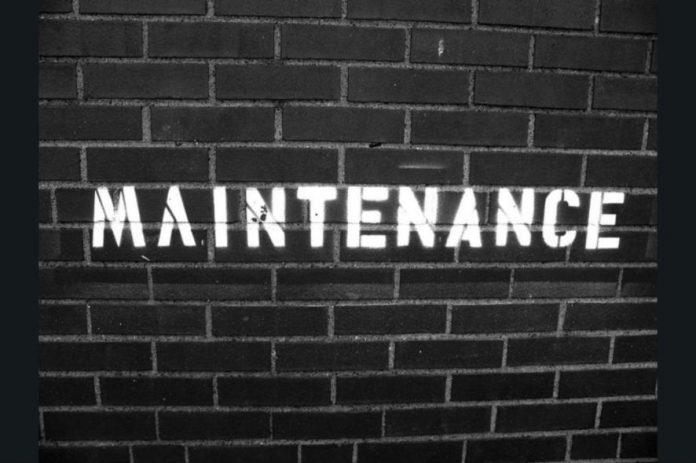







 Allow notifications
Allow notifications


